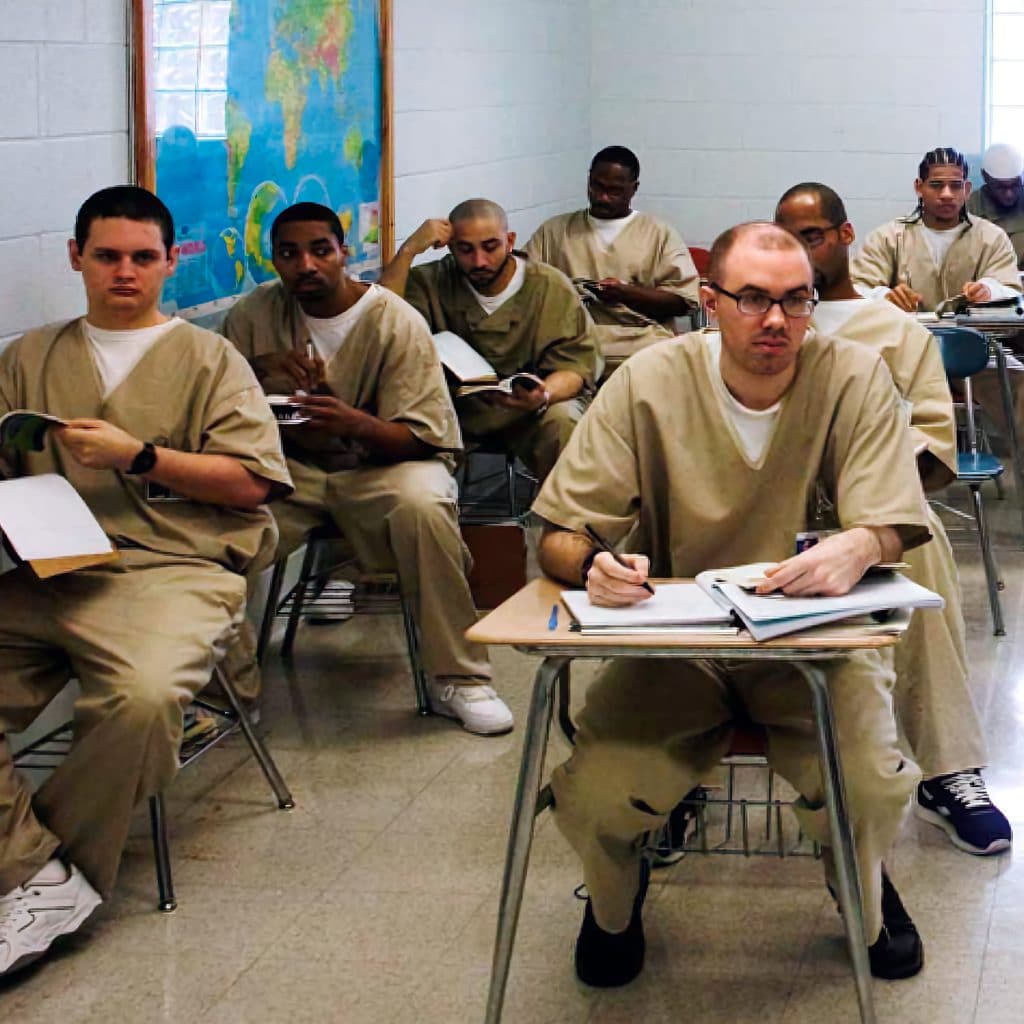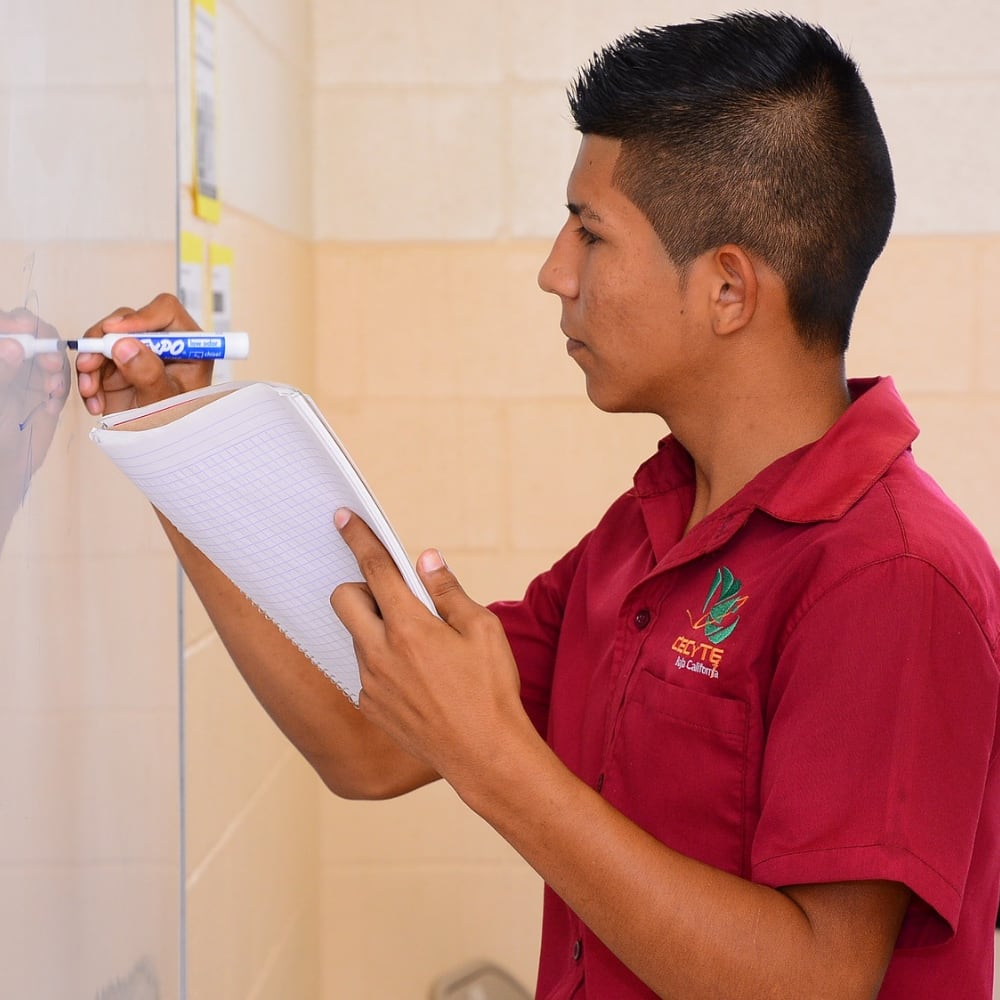Second chances through
Hope
Learning
Transformation
Grace
Redemption
Stronger men and women. Stronger families. Stronger faith. Our research-backed Christian education program gives inmates and released inmates skills and grounding to thrive in the community
Hope for inmates, results for administrators
We partner with prison administrators, churches, educators, and the business community to promote the reintegration of the formerly incarcerated into the community through the teaching of critical soft skills. With a focus on strengthening relationships, improved parenting and leadership skills, and the enhancement of opportunities for employment, the key principle of our program is a constant focus on personal improvement.
It has been proven that recidivism rates are greatly reduced when the incarcerated participate in proven, successful education programs and are provided continuing support beyond the prison experience. Businesses, faith leaders, and social workers stand ready to aid their transition to community life.
Life Skills Prison Ministry:
- Helps administrators better manage their inmates
- Reduces recidivism
- Lowers the cost of incarceration

New! Spring/Summer 2024 life skills course
This May, our program for released people, families, and support networks returns to Wilmington, NC.
With a focus on critical life skills and maintaining personal relationships through strong self-image, positive attitudes, and character building, the program teaches the fundamentals for success in all parts of life.
The course runs from late May to late August 2024.
You are invited to join us for our in-person, open-to-the-public classes.

We rely on the community's generosity
Your donations of money, materials, supplies, and other types of services are critical to maintain a strong presence in the prison and business community. They support our Life Skills education program that requires great instructors, mentors and other critical business functions. Donations are the lifeblood of our work, and we are grateful for any gift, no matter the amount.
Just as valuable are contributions of time and involvement. We welcome volunteers to assist with teaching and administration. And we are always looking for businesses and community partners who seek to hire graduates of our program and assist with our students’ reintegration into the community.
Treasure. Time. Talent. Ministry takes a whole community.

alumni stories + RESOURCES
Have you recently been released?
These resources are a good start to help you find your feet:
I applaud Mr. Paul...He has knowledge of everything from politics, to being an accountability partner, to how to be a good father.
Shawn
Thanks to the Lord Jesus Christ and your class which you teach through him, I am able to make those things which aren't that strong stronger.
Jonathan
By giving a small amount of your time, I, in return, was given the chance to grow and understand.
Kevin
